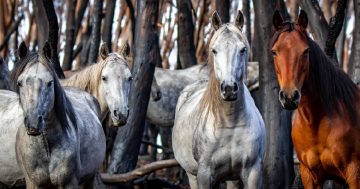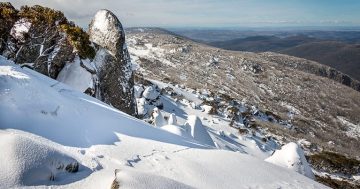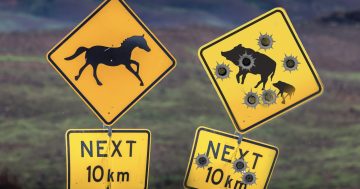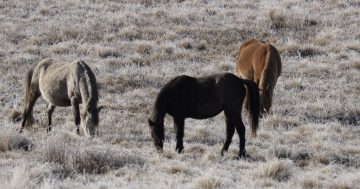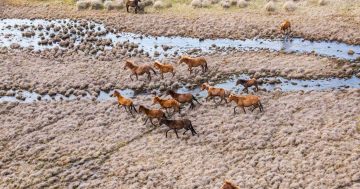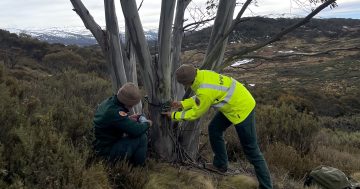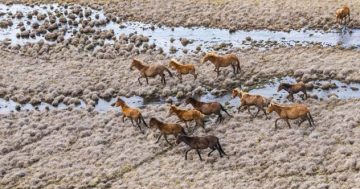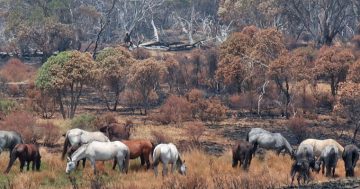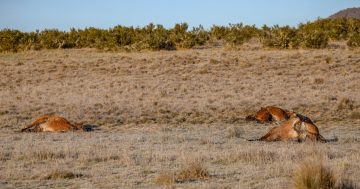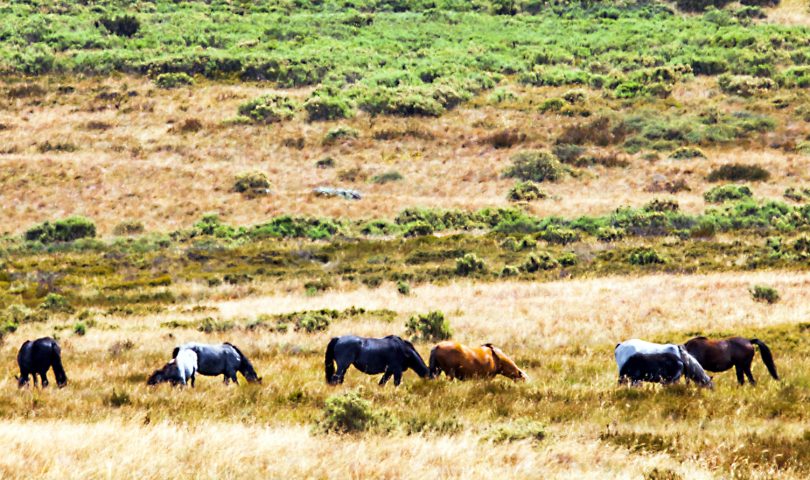
ACT Parks and Conservation Services said feral horses are a major threat to the unique environment of the Australian Alps. File photo.
The ACT Government is hoping to officially declare brumbies a pest and update its management plan to prevent the feral horses degrading the ACT’s Namadgi National Park.
The ACT’s existing management plan, which was first prepared in 2004 and updated in 2007, has successfully prevented the establishment of feral horse populations within Namadgi but ACT Environment Minister Mick Gentleman said recent modelling has shown that feral horse populations will continue to grow.
Mr Gentleman said the horses were a growing threat to the ACT’s national parks due to “the current management plan in our neighbouring states”.
The NSW Government passed the Wild Horse Heritage Act last year, protecting horses in Kosciuszko. At the time, NSW Deputy Premier and Member for Monaro John Barilaro said wild brumbies had become part of the “cultural fabric and folklore of the high country”.
Mr Gentleman said new research shows that feral horses are the largest cause of environmental degradation throughout Australia’s alpine parks and are reversing decades of costly alpine recovery programs.
“The growth in Kosciuszko National Park is predicted to lead to expansions into the ACT, with an estimated more than 6,000 horses now residing in Kosciuszko, which borders the ACT,” he said on Tuesday afternoon (14 May).
“We simply cannot let feral horses put our water supply and native flora and fauna at risk. Updating the management plan will draw on the latest scientific information to put us in a better position to respond to emerging threats.”
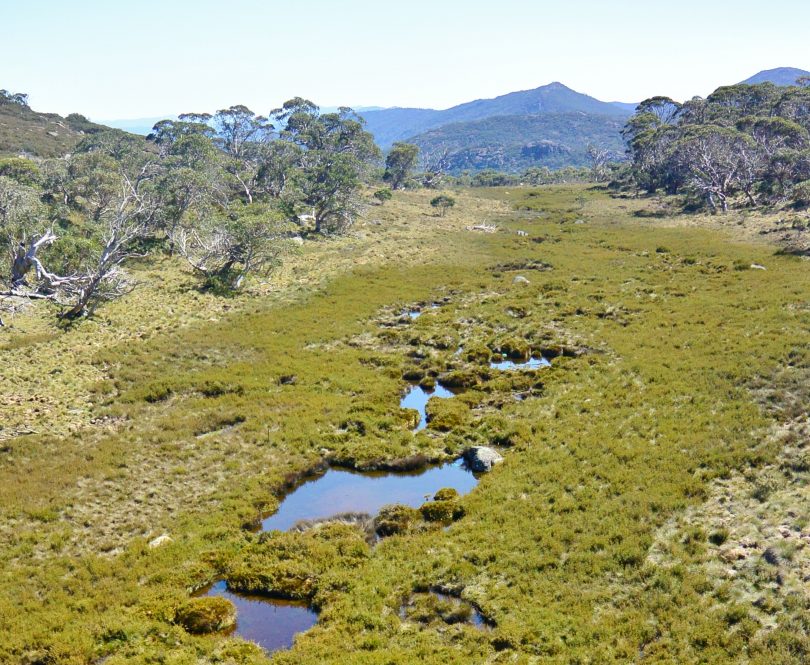
A bog in Namadgi National Park, which feeds the Lower Cotter Catchment, the ACT’s main source of drinking water. File photo.
ACT Parks and Conservation have threatened to kill any wild horses that cross into the ACT from Kosciuszko National Park in New South Wales to protect the ACT’s threatened plants, animals and water catchment.
Mr Gentleman said the Government’s revised Feral Horse Management Plan will outline a suite of management strategies and actions to prevent the establishment of feral horses in Namadgi, in addition to officially declaring feral horses as pest animals.
The ACT Government fears an established population inside the ACT would destroy delicate wetlands which provide the capital with 80 per cent of its drinking water, and the habitats of native species like the critically endangered northern corroboree frog.
Earlier this year, the risks of feral horses crossing into the ACT prompted Mr Gentleman to list unique wetlands in Namadgi National Park as ‘endangered’.
“The internationally significant Ginini Flats wetland complex in Namadgi National Park is the largest intact sphagnum bog and fen community in the Australian Alps,” Mr Gentleman said.
“The Park’s wetlands are home to the critically endangered Northern Corroboree Frogs as well as native Broad-toothed Rats, Alpine Tree Frogs, Reik’s Crayfish and Alpine Spiny Crayfish.
“The wetlands play an important role in filtering water that flows into the Lower Cotter Catchment area, a major source of our drinking water.”
A final version of the updated management plan is expected to be released in late 2019.












